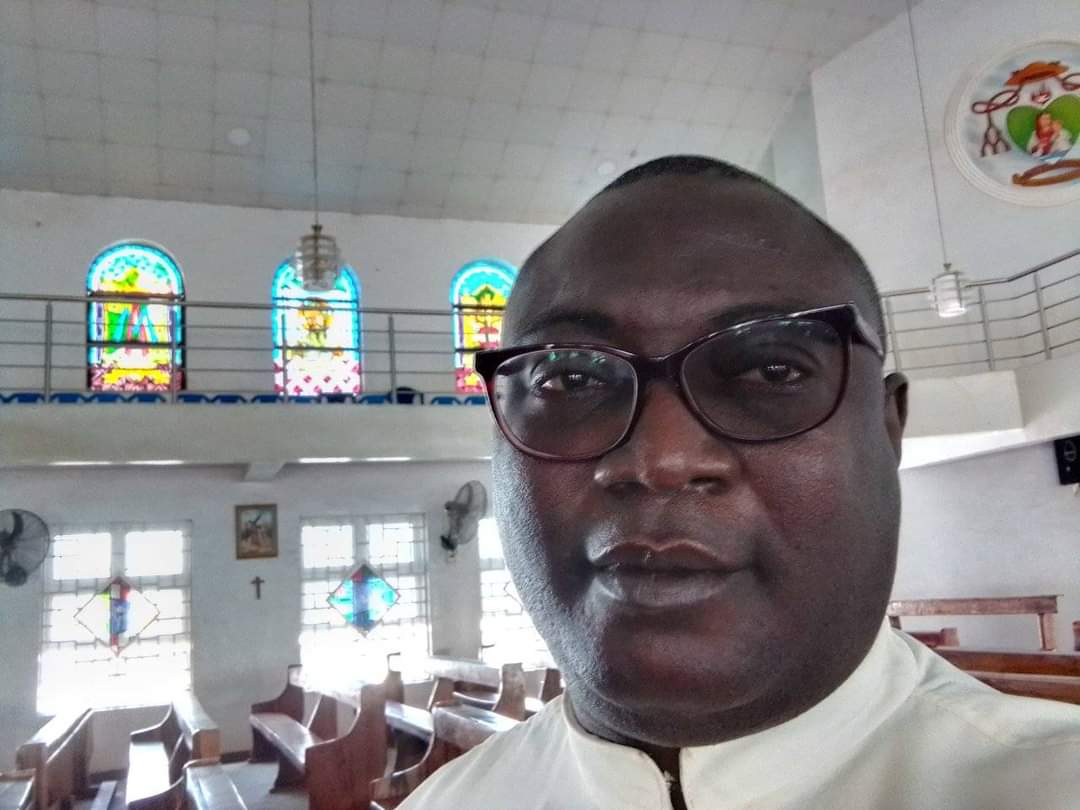Be As The Heavenly Father

Seventh Sunday in Ordinary Time Year A (19/02/2023)
(Leviticus 19:1-2, 17-18; Psalm 103:1-2, 3-4, 8, 10, 12-13; 1 Corinthians 3: 16-23; Matthew 5:38-48)
By Fr. Samuel Odeh
Those who believe in God must resemble him in some way; they must reflect or mirror the qualities of the Lord God that they serve. When we declare that we are believers before other people, they should be able to see the face of the God we worship in our lives. Our God is holy. What does it mean to say our God is holy? In our first reading, God commands Moses to instruct the people of Israel in the ways of holiness: “You shall be holy; for I the LORD your God am holy”. The holiness that God requires is the love of one’s neighbor as one’s self. We are not to bear hatred for another person in our hearts but reason with our neighbor so as not to sin because of them. Also, the one who believes in God is not to take revenge or bear grudges. The psalmist paints a picture of our God in this regard: “The LORD is compassionate and gracious, slow to anger and rich in mercy. He does not treat us according to our sins, nor repay us according to our faults.”
In the Gospel reading Jesus challenged the commonly held standard of justice in his time namely, “an eye for an eye and a tooth for a tooth”. These were the laws of retribution or the laws of payback (lex talionis). At the time of Jesus, these laws were considered fair because they set a limit on acts of revenge by making sure punishments were not excessive but were fitting or matching toward the crimes committed. Jesus commands his disciples to resist the urge to take revenge, not to pay back wrongs done to them. If a stronger person slaps us on the cheek, or takes us to court, or removes our clothes, or forces us into service, we are not to resist them but respond with self control. If someone weaker than ourselves such as a beggar or borrower makes a request of us, we are not to refuse them what they ask of us. These are very difficult demands that Jesus makes of his disciples and from the point of view of this world, they appear foolish. However, Christian disciples have a calling to the Kingdom of Heaven and must go beyond the ways that the world around us works; they are to make the government of God’s kingdom a reality here and now in this world, on this earth.
Another difficult demand Jesus makes on his disciples is the challenge that we embrace our enemies. “But I say to you, love your enemies and pray for those who persecute you, so that you may be sons of your Father who is in heaven…”. In the Old Testament, we are called to hate evil and wrongdoing and to distance ourselves from evildoers. In the New Testament, in the Gospel of Matthew, love of God and of our neighbors is the foundation of all holiness. My enemy is also my neighbor and a creature of God. This is a hard demand to make of anybody even of a Christian. Can any one of us love another human being in the way and manner that God loves them? What does it mean for a Christian to call themselves a child of God? The Christian is called to the perfection of the heavenly Father: “You, therefore, must be perfect, as your heavenly Father is perfect”. What does this mean? The word Saint Matthew uses for “perfection”, telos is better translated as “completion” or “fullness” or “goal” or “end”. If we want to become fully the type of persons God wants us to become in Jesus Christ, then we must attempt to love our enemies. God calls us to a completeness of life in the Kingdom of Heaven. When we obey Christ’s command to love our enemies, we also bless ourselves. We benefit spiritually, mentally, emotionally and sometimes even physically; we let God take away our pain and our bitterness.
The second reading from Saint Paul’s first letter to the Corinthians challenges us to accept the wisdom of Christ over the wisdom of this world. In the eyes of the world what Jesus teaches may seem foolish and even crazy. However, “the wisdom of this world is folly with God”. Let us pray that we may increasingly choose the wisdom of Christ to govern and rule our lives and affairs. May the Lord bless his words in our hearts.